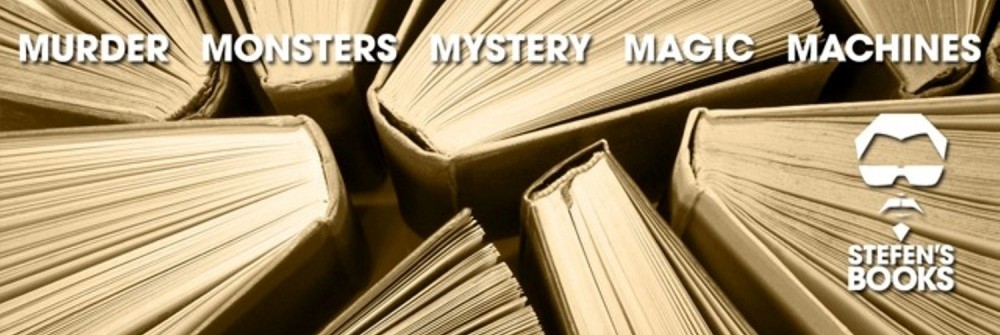Provenance
by Ann Leckie

Given the number of copies of the three Ancillary books we’ve sold (and it’s a lot!) I probably don’t need to review this one, or even mention it to be honest. I imagine I could just quietly put a stack of them on the counter or in the window and they’d just organically sell. But, where’s the fun in that? Anyway I expect there will be folks who have a few questions about the book, the answers to which will dictate whether they dawdle in for a copy or run. So here it is, I’ll keep it as spoiler free as possible.
Provenance is set in the same universe as the Ancillary books, but later and in a different part of the galaxy and in a human society completely separate and different from the Radchaai. It’s basically an unrelated story in the same universe. This means that it could be read as a stand-alone book without having read the other three, but I wouldn’t recommend it. The core story of the book doesn’t require you to know anything from the original trilogy, but it does add nuance to statements made by characters about the Presger, AI’s being considered sentient under the treaty as well as offer reasons for some characters eccentric behaviour. The book opens with Ingray, the scion of a powerful political family who is up to some serious illegal business. The people of Hwae, her home, have a very particular affection for historical artefacts and she means to take advantage of it. Unfortunately she is not as adept at this sort of thing as she thought and soon her scheme gets entangled in some very dangerous alien politics. Now she’s playing for stakes higher than she could possibly have imagined and her sneaky plan may be the catalyst for war.
A month ago I couldn’t have really told you what I wanted from another book in this universe, just that I wanted one. It turns out that Provenance is just what I wanted. I wanted another interesting character that is a bit flawed and grows over the book, and I got that in Ingray. I wanted good supporting characters, and got them too. I was curious as to other alien races and got to read about them. Most of all I wanted to see the other non-Radch human cultures that were hinted at and find out what they think of the developments in Radchaai space, and got that and more. Fans of Leckie‘s exploration of gender in culture also get to see variants on non-gendered speech and conventions as practised by the different cultures. It’s a stand-alone novel, so it does have an ending and a good one, though a bit quicker than I would perhaps have liked. There’s enough to go back for a sequel but I hope that forthcoming books in this setting will explore new areas. That said, I’d buy another Ingray book in a heartbeat.
Short version: New Characters. Not Radchaai. Could be read without the others, but better with. Stand alone book. Aliens! Recommended.
